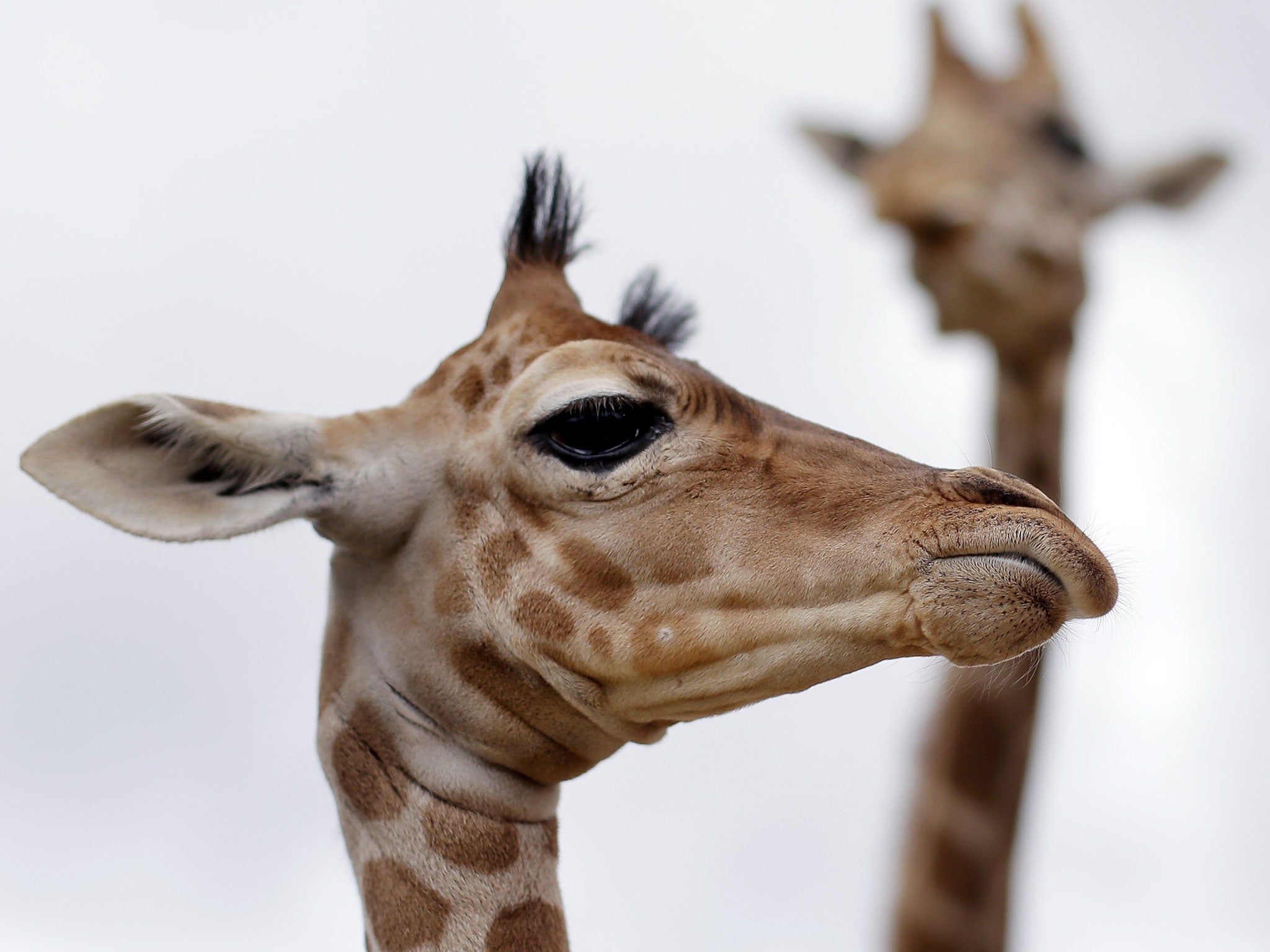Who you calling ugly? Zoos prefer cute animals to less attractive species, research shows

Zoos are no place for ugly ducklings. Big, intelligent, good-looking animals are more likely to be found in zoos, irrespective of conservation needs, according to new research. While the red panda, big cats, elephants and giraffes are found in most zoos, there's no place for the pika, the golden mole or the rat kangaroo.
Researchers warn that the focus on attractive species that appeal to paying visitors could have detrimental effects on conservation, with the mammal rated the least attractive, the endangered marsupial mole, not found in any zoo.
"Selection of species into world zoos is determined by decisions made by humans, and intelligent and beautiful animals seem to be favoured," the researchers say.
More than seven million animals are kept in 872 zoos and aquariums worldwide. Zoologists from Prague's Charles University investigated the range of mammals kept and which were left out. Out of 5,334 mammalian species, only 1,048 of them, or 16 per cent, were found in the world zoo collection. The team used data on brain size and attractiveness to humans to see why some species were being left out in the cold.
The researchers rated the 123 mammal families for attractiveness, with the red panda, big cats, giraffes, elephants and bears coming out on top. However, researchers warn that the proportion of threatened species is increasing rapidly, leaving only few species safe from a possible extinction.
"There are many small or unattractive species that are significant and thus key for biodiversity preservation," the researchers say. "With little or no support received, these species could be lost for ever."
Nature's unsung heroes
As a biologist I have grown bored by our preoccupation with all things cute and cuddly. That is why I set up the Ugly Animal Preservation Society, a comedy night with a conservation twist, where we try to raise the profile of some of Mother Nature's more aesthetically challenged creatures. Beauty should be more than fur deep. The ugly animals have much to teach us. Scientists are using the naked mole rat – a weird, desert rodent that looks like a sabre-toothed sausage – in their search for new ways to treat cancer, arthritis and pain.
Simon Watt
Join our commenting forum
Join thought-provoking conversations, follow other Independent readers and see their replies
Comments
Bookmark popover
Removed from bookmarks